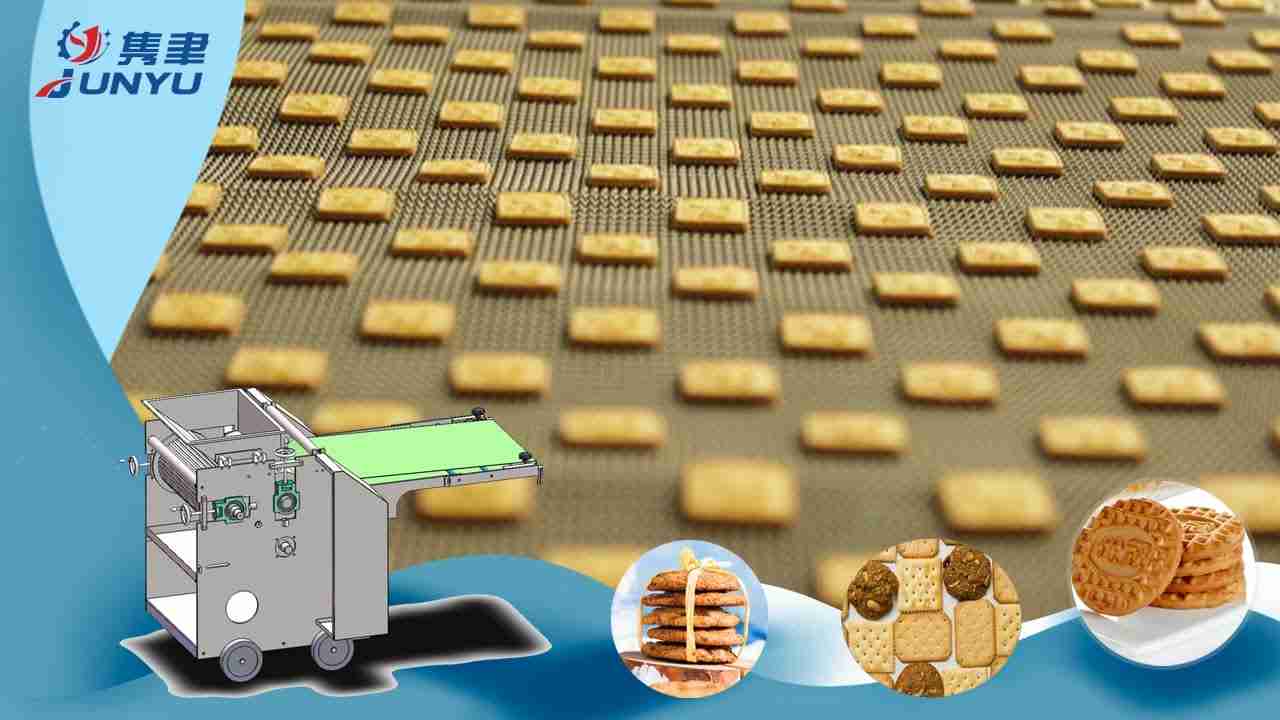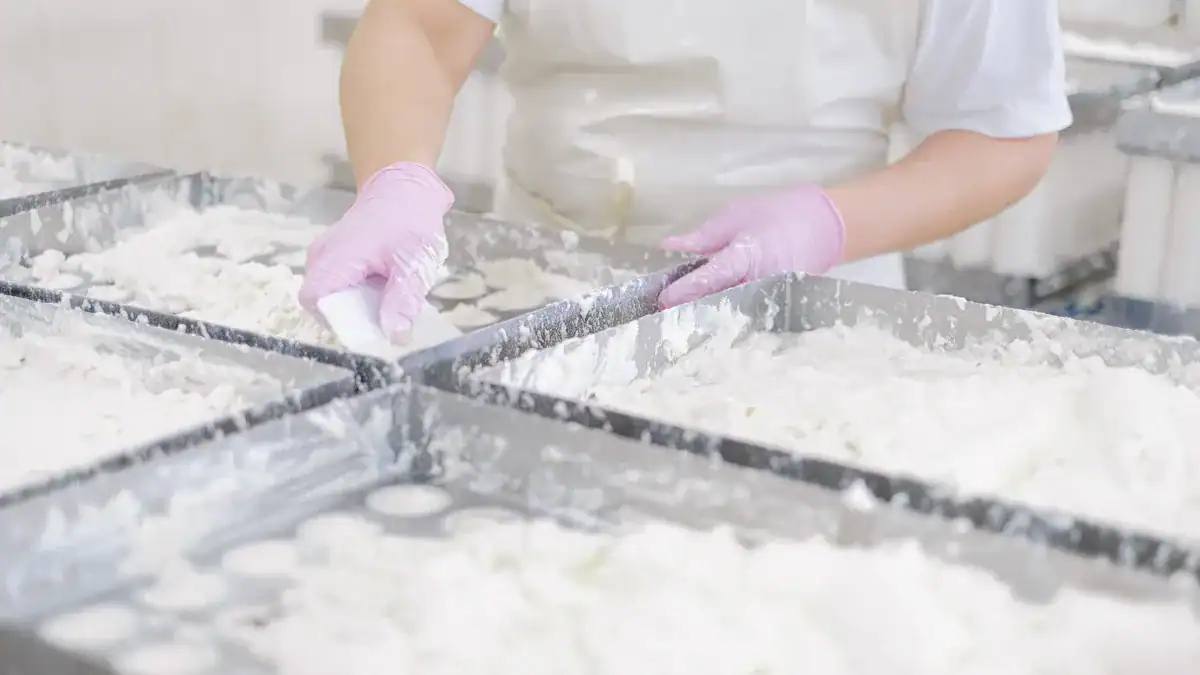
Reactive resin shells were first introduced in the 1990s, and are a combination of urethane and a proprietary ingredient. The proprietary ingredient generates surface porosity while the polymer base cures. The ball makers then combine isocyanates and polyols to create a base urethane resin. These reactive plasticizers are difficult to identify because manufacturers are reluctant to reveal their exact composition.
High energy ball mill
In the high energy chemical filling ball mill, energy transfer and productivity are closely related. The level of filling affects milling efficiency because too much filling will result in the rising and falling balls colliding. A proper filling percentage should be at least 30%-35% of the milling vessel’s volume. However, the filling degree should not be too low, as it can compromise the stability of the reaction and reduce productivity.
Various sizes and designs are available for high-energy chemical filling. For example, a laboratory-scale model can handle batches of several kilograms. In contrast, a large-scale version of a ball mill can process several kilos of powder. This model incorporates a rotating vertical shaft with horizontal impellors for stirring and dispersing the powder charge. Several advantages of the high-energy chemical filling ball mill are its versatility and low price.
Attritor
How a chemical filling ball is made in a factory begins with a solid rubber center, a liquid-filled middle, and a rubber thread woven around the core. The outer material is ionomer or balata rubber. The center material, polybutadiene, is a petroleum-based polymer that is often softer than water. Manufacturers of golf balls used this material until zinc was added to strengthen it.
Planetary
This planetary ball mill is designed to process samples reliably at high speeds. Whether you are looking to test a new chemical compound, or simply want to know how to fill a laboratory ball mill, this equipment will meet your needs. Two grinding stations can process sample amounts from one to sixty ml. The planetary ball mill is capable of processing small to large volumes of materials simultaneously. And, unlike traditional mills, these planetary machines use an electric current rather than magnetic fields.
This planetary ball mill is suitable for grinding a variety of materials, including ceramics, polymers, limestone, clay minerals, pigments, metal oxides, and other materials. The media used must be hard and non-abrasive. The media’s filling ratio must also be adjusted, as a smaller ball cannot break up a large sample efficiently. Therefore, the media must be hard enough to break up large samples into fine powder.
Shaker
How chemicals filling ball is manufactured in a factory is a very complex process. They are made from a solid rubber center, a thread of rubber wound around the center, and a protective covering made of either balata or ionomer. The original polybutadiene used in golf balls was softer than what was required and produced less bounce. Then, zinc was added to make the polybutadiene stronger. Manufacturers soon began to use reinforced polybutadiene.
The quality of the golf ball depends on many factors, including the way it is prepared and the methods used to add metal oxides. The maximum temperature during the compound preparation and the process of molding also affect quality. Roundness and flight pattern of the ball are also very important, as is durability, click, and compression. These factors will be discussed in greater detail in this article. This article will explore the different factors that influence golf ball quality.





